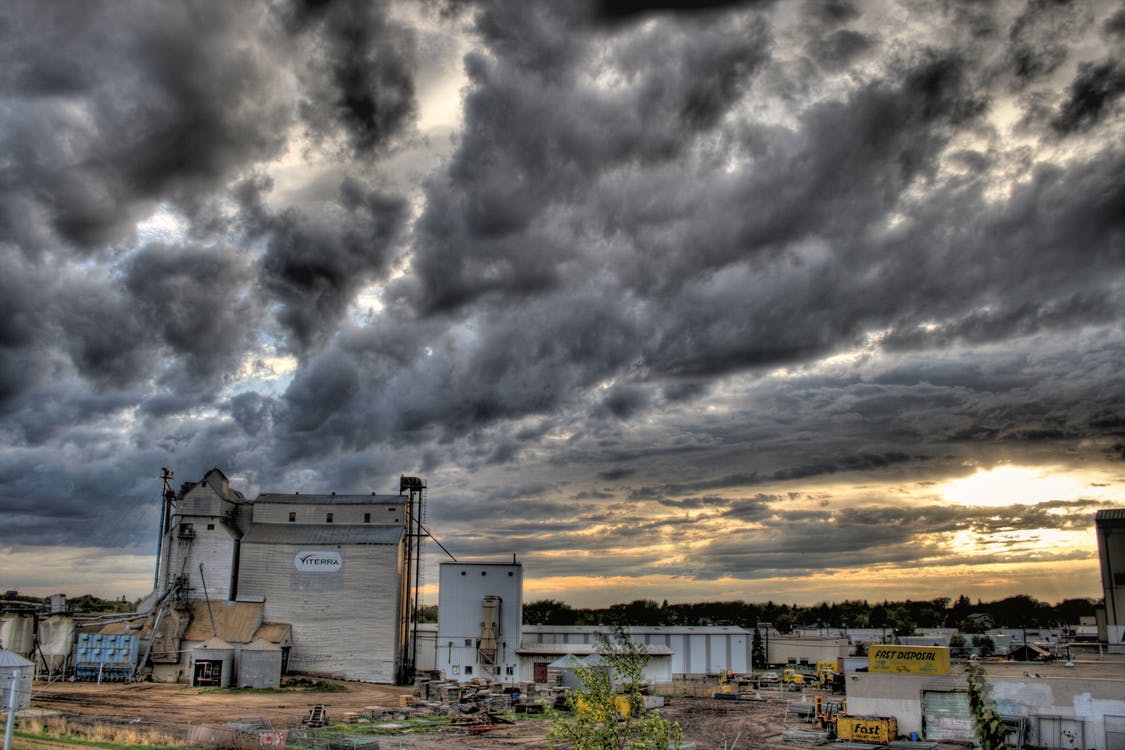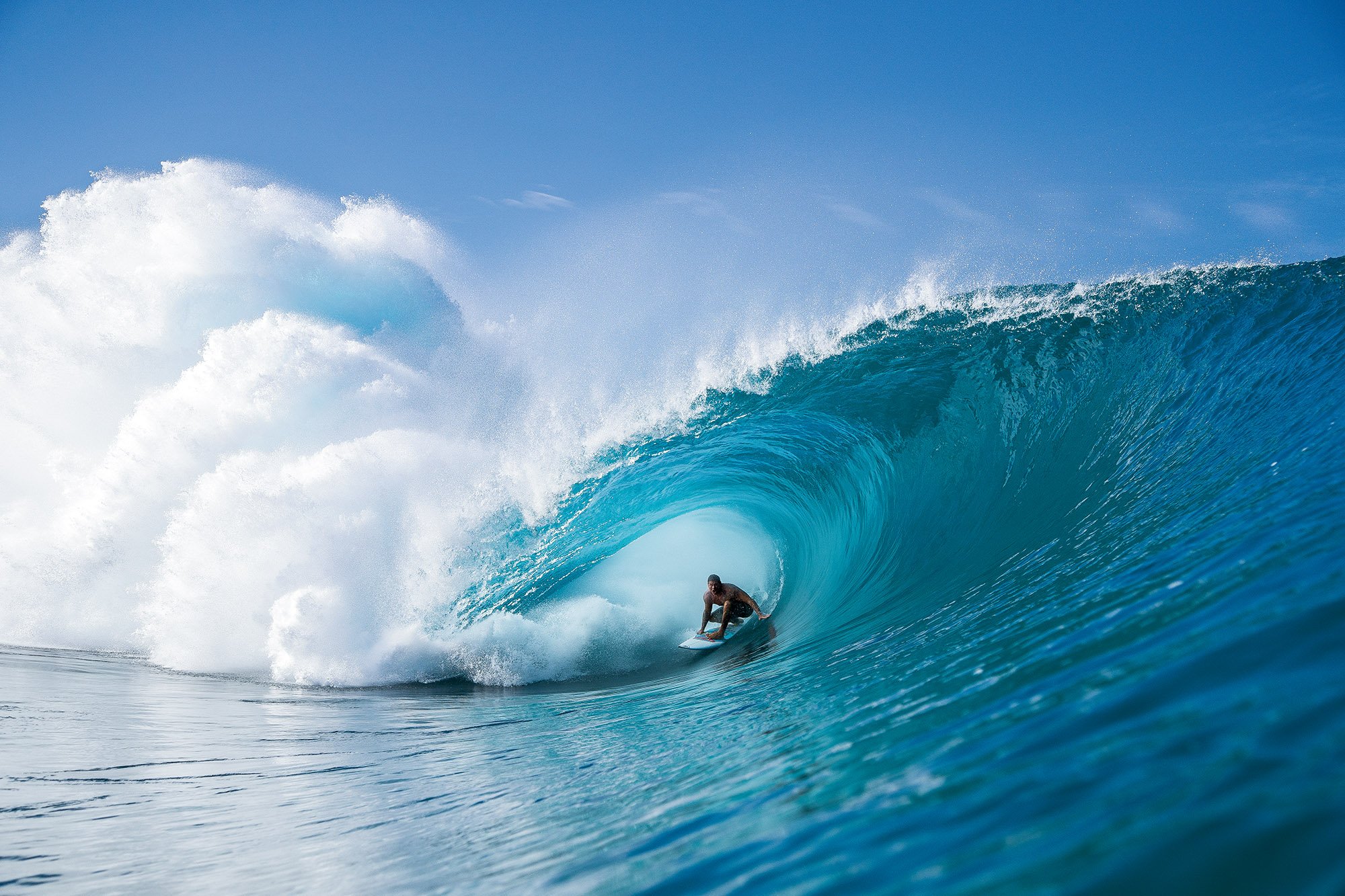What happens to real estate when interest rates go to 0%?
I wanted to float an idea for open discussion. When the central bankers drop interest rates, it spurs housing acquisition. Lower interest tends to feed the housing market. But what happens when you drop the interest rate to 0%? It can’t go any lower, so does this signal the end of a bull run on real estate?
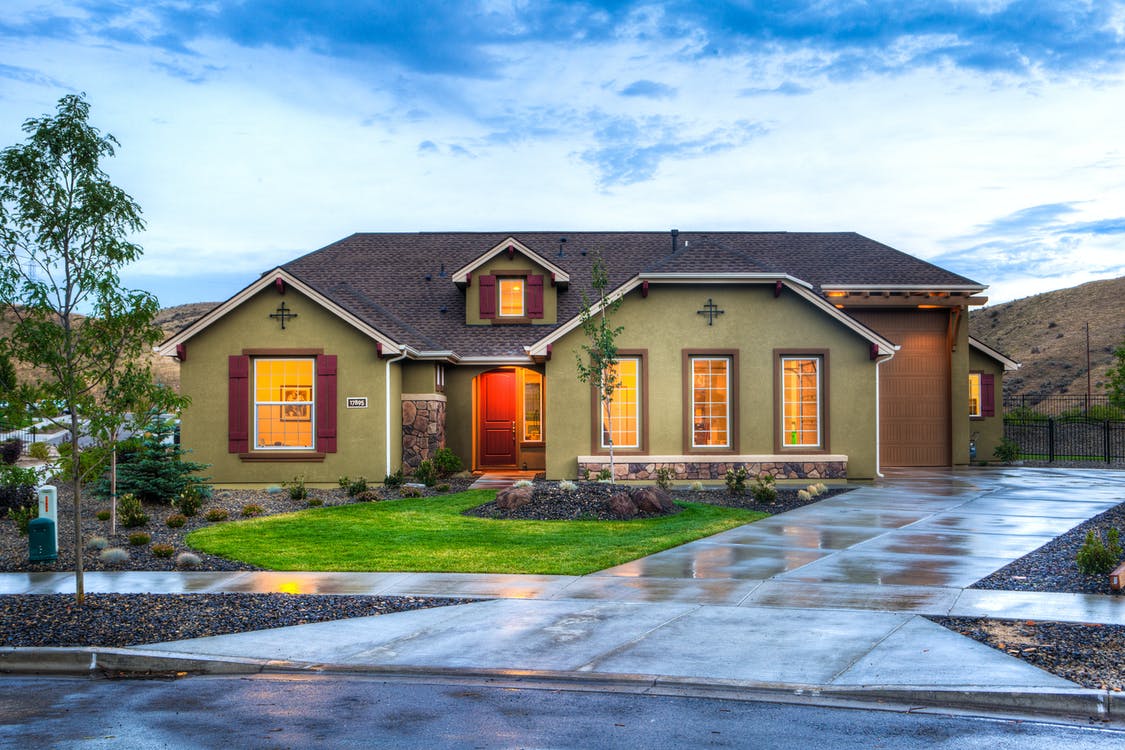
It is true - people borrow money to buy a home. If they have access to a lot of cheap money, they might borrow more and buy a bigger home. And the laws of supply & demand and price discovery come into being. If there is a reduced inventory of homes, then the price of the limited supply of homes goes up. Sometimes it goes way up.
With this the price of rents go up, since they are tied to the property price (and labor markets but that’s another topic of discussion). Limited supply inventory creates a higher price point for properties. As I write this article, that is exactly what is going on in my home town of Phoenix, Arizona right now.
Those that are transfixed on the immediacy of real estate acquisition can buy the property at the lowest interest rates they will ever likely see. Although there might be some competition with lenders to reduce rates down, the wholesale buy price of funds from central bankers is basically 0% interest, so they will add to that their margin and that’s the retail rate you get.
For right now, these are wonderful times for the property investor. Sure, they might have to pay more than normal for the purchase price of a home, but their cost of funds over say a 30 year mortgage, are really, really low. I would argue they will never get better, since rate reductions are tied to central banker rates, and I highly doubt we’ll see negative interest rates.
But this is where there are some looming danger signs....
Things that go down must also go up
You might snag a great low interest mortgage right now. But imagine if there are signs of inflation, and the central banks have to raise the interest rate. I mean even a quarter or half point is going to be a signal to buyers that they missed out on the lowest rates. There’s always that human psychological thing where if you missed out at the low point, most will just hang up their coat and retire away from the purchase process.
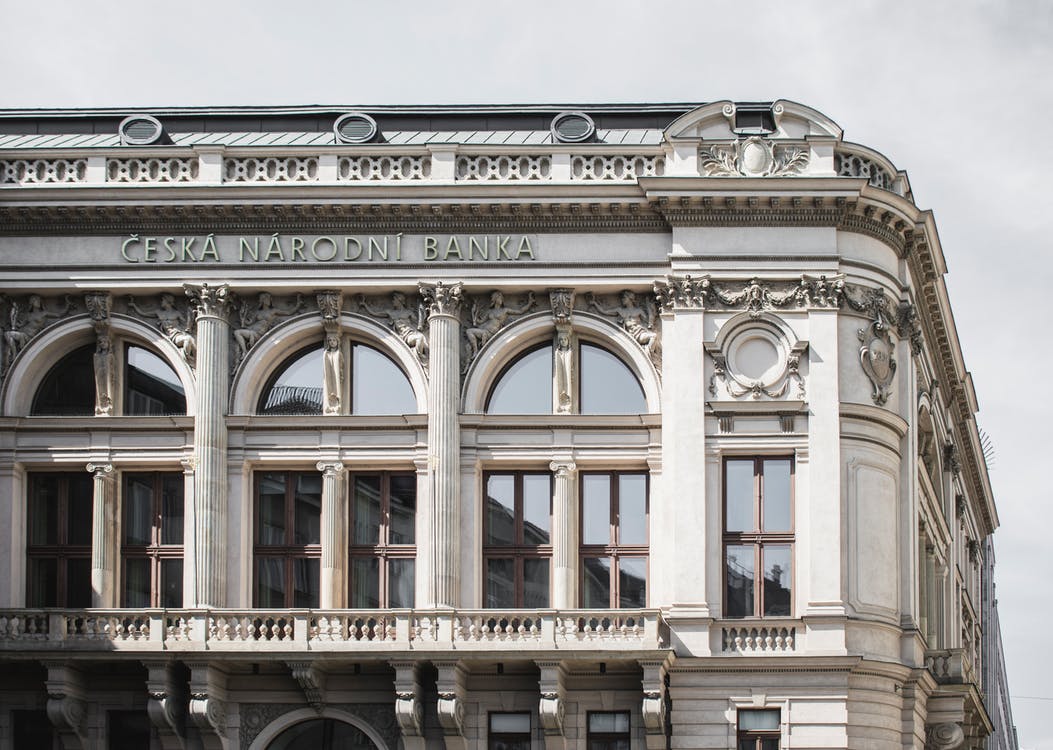
They feel like they are losers - victims of not acting fast enough - and they don’t want to face it. They think that even if they paid a half point more, then this is going to be too expensive. They don’t remember the days of central bank base rates at 5%, but things have been low for so long now that I can’t expect them to.
Sure, there might be a run-on with the banks to try and get that rate locked in before it goes up too much, but considering that the new entrants to the world of mortgages (the translation for mortgage, btw is “Death Contract”), are those first time buyers who have limited cashflow and might have a hard time convincing a bank that they are a viable risk considering the economic situation right now anyway. Once the interest rates push the real estate prices higher and higher, then the margins in which it is affordable to buy something vs. not affordable will shrink very quickly.
Let’s say you can afford a $250,000 house but the 0% interest rates have pushed those prices up to $300,000 now. However when you calculate the cashflow needs to pay the mortgage each month, you can afford the more expensive purchase price because the $50,000 at, let’s say 3% interest, is only adding $125 a month more to your payment.
But when they start to move the interest rates again (and remember they can’t go lower - only up), let’s say they move back towards the “target” rate of 3%, then your new buyers are going to be paying twice the interest that you would be paying. And if the economy is continuing to splutter for a few years, which I believe to be a very likely scenario, then the number of qualified buyers will reduce.
What does this do to the supply/demand and price discovery situation? Well inventory goes up because fewer buyers, and that drives down the price of the property. You might find that the $50K increase that you had to pay, was somewhat artificial and unusual and maybe the property price returns back to $260K.
Your new home just lost $40K in value. And if you are an investor looking to rent the property, then this could impact your cashflow as well, making it harder to pay that killer low interest rate mortgage anyway.
I only bring this up because when you drop interest rates to 0%, they can’t go any lower. Eventually they have to return back to “normal” levels, or you will have inflation destroying the value of every $1 that you hold. I mean my example illustrates that - the home that was $250K is now 20% more in value because of demand levels. That’s price inflation, and the same situation will ripple through other industries and part of the consumption cycle.
You have a higher asset price to pay off to own it
Although many people - particularly those under the age of 40, may never be considering the pay off of the primary residence, that is not the case with those nearing retirement age. They know they can’t retire until they are free of debt. And that means the higher it cost to buy the house when they acquired it, the more principle that they have to pay off. This could mean a longer period of time until they can afford to retire and in some cases this could be an “if at all” scenario.
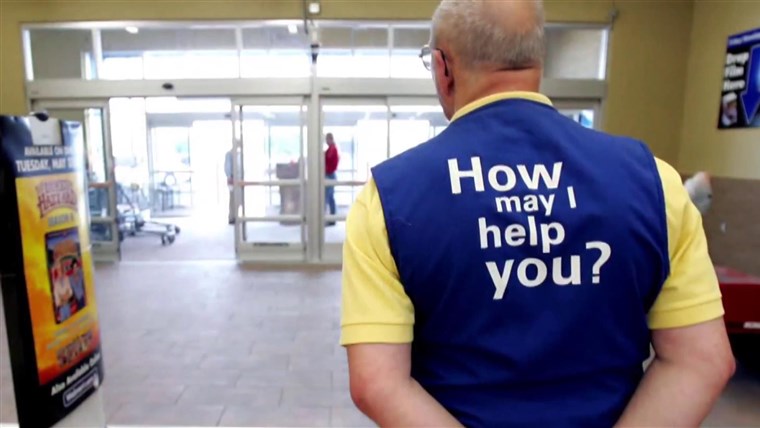
If the acquisition cost and the increased interest rates, along with the additional borrowings that people have (ie. student loan debt, car loans, etc.) means that less people can afford to buy a home, what does that do to the overall home price point? Less demand has to have some impact on price discovery. Maybe that is temporary because the one thing going for real estate is the physiological need for shelter that it provides, but people can satisfy that need with renting property. It may drive up the demand for rental property, but reduce the demand for primary residences.
However in the case of primary residences, where the pay off determines your ability to truly retire without obligation, delaying that creates a more difficult situation. Despite the fact that US life expectancy has not risen in any noticeable way for the past 20 years, it hasn’t stopped elected law makers to try and change the “retirement age” whatever that is, and extend it out. It is almost like they see that you have to work until you are 70 now, in order to pay off that house because it cost more when you purchased it.
I would never put it past them to try and find some “quick fix” to a problem, that only has to last like a bandaid until they finish their elected terms. Our country sure is feeling like it is a pile of bandaids stuck on top of a pile of bandaids these days.
Given the possibility of some of these things, what is the winning strategy?
I see it as one thing - don’t buy something you can’t afford to pay off. You gotta start from there. You have to forget the attraction of low interest rates, etc. and focus on the purchase price. If you buy something you can afford 30 years of payments on, then you will be working for 30 years to pay it off. Yes, that’s the deal - you are selling out your future to the bank for 30 years.

But Myles, you might ask, I would refinance it in the future right? Ummm.... Remember you bought it at 0% central bank interest rates - the lowest rates ever. You won’t get those rates again, so refinancing it will cost you MORE. Now maybe you paid down a chunk of the principal here, but in truth that doesn’t happen until you are well through the mortgage balance unless you are socking away money specifically at the principal in addition to the interest payments you are making.
So refinancing? Nope. That strategy that might have worked while interest rates were going down, doesn’t work when interest rates are going up. That’s when you proudly tell all your friends of the 3% interest rate you secured back in 2020, as they are looking down the barrel at 6 or 8 or 10% rates.
What, therefore, is the key here? It is very simple.
You don’t buy something you can’t afford to pay off. You don’t get hypnotized by the Home & Garden Channel showing Hollywood couples buying goregous 5 star properties, or “Flip that House” shows that has the rich taking risks and flipping properties to make millions. Oh yes, those shows (and all the derivatives) will come back with strength. They are cheap to make and there is an endless supply of wanna-be homeowners out there with stars in their eyes.
But that’s not you, right? You are smarter than that. What do you do?
You keep an eye on the defaults. That is the foreclosures and short sales. You watch them like a hawk. As the economy (the real economy that is - not a govt funded fake economy) returns, and people realize they have no job, businesses are closed and demand levels are at all time lows, then they start to default on those houses. Right now there are moratoriums on evictions and foreclosures, although they vary from state to state. But when they are lifted (and they will be following a vaccine coming out), then the reality of the wasteland that they try and call an economy will determine those who paid too much for their homes, or those that abandoned the rentals they had, leaving the landlord holding the bag with no funds to cover the mortgage.
Yes, it is a horrible thing. But it is the future. It was the future in 2008 & 2009, and it didn’t stop until about 2013. That means there is a window of opportunity to buy a home that could be sold off at 50c on the dollar if you are smart. And yes, you will probably need cash. Maybe you can get a higher interest rate mortgage, but just as the person who is buying a larger home price doesn’t care about the extra $125 a month they have to pay, you buy that property for $150K and you don’t care if the interest rate is 4% because you bought it at half the price.
You see, it is the price you PAY for it that matters - not the cost of the funds. Those wish cash will be king. And if you don’t have cash right now, and you believe that the market will turn this way, then maybe it is time to take advantage of anything you can do to get the cash.
You see, if you were willing to pay a mortgage payment on a $300K purchase at low interest rates, just pay that off on the $150K purchase at higher interest rates, and I guarantee you won’t be waiting 30 years before you can retire.





